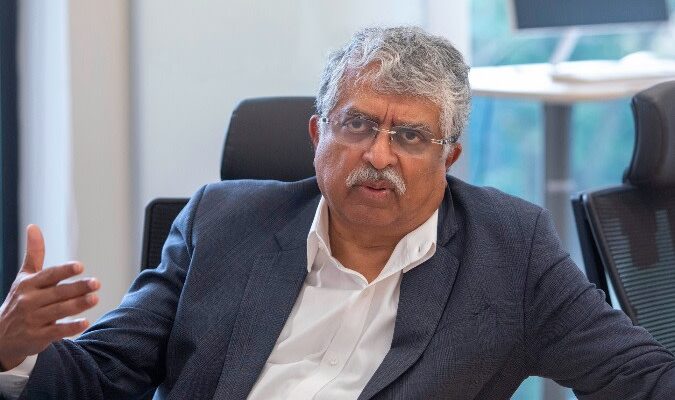Unlock the Editor’s Digest for free
Roula Khalaf, Editor of the FT, selects her favourite stories in this weekly newsletter.
The head of one of Japan’s most powerful business lobbies has accused the government of a “mistake” in its trade negotiating strategy with the US, after President Donald Trump announced 25 per cent tariffs on Washington’s closest Asian ally.
Takeshi Niinami, chief executive of Suntory and chair of the influential Japan Association of Corporate Executives, said that Japan’s insistence on a total exemption from Trump’s tariffs may have left the US president feeling “betrayed”, adding that the country could have secured a 10 per cent base tariff had its negotiators shown more flexibility.
“They underestimated the determination of Trump,” Niinami told the Financial Times on Tuesday. “They thought time was on Japan’s side. It was a big mistake.”
He said that Tokyo was now on a weaker footing and could be forced into making major concessions to secure a deal. Niinami added that there was a narrowing window to make that deal ahead of an upper house election this month, when Prime Minister Shigeru Ishiba’s ruling Liberal Democratic party risks losing its grip on power.
“It could be too late,” said Niinami.
Japan was quick to initiate negotiations this year in hopes of securing relief from Trump’s tariffs with a fast-track deal. But the US president on Monday unveiled a 25 per cent tariff on the country — one percentage point higher than initially announced in April — after talks failed to make headway.

Niinami’s unusually blunt comments came just hours after Trump outlined the new “reciprocal” tariff levels on a range of US trading partners in Asia, including South Korea, Malaysia, Thailand and Indonesia. The levies, which were previously frozen until July 9, are to come into force on August 1.
HSBC said on Tuesday that Japan may find it hardest to offer further concessions. “Ishiba’s ruling coalition is under immense pressure to protect auto exporters, rice farmers and other critical constituencies ahead of contentious Upper House elections on 20 July,” it said.
The announcement followed weeks of seemingly fruitless negotiations between Tokyo and Washington, despite claims by both sides that progress was being made. Trump last week accused Japan of being “spoiled” for refusing to commit to buying more American rice or to allow US-manufactured cars into its market.
Niinami said that Japan’s stubbornness — including Ishiba’s refusal to sacrifice the country’s rice farmers to protect its auto industry — had squandered the legacy of the late former prime minister Shinzo Abe, who enjoyed warm relations with Trump during the US president’s first term.
“Trump had high expectations of Japan because of Mr Abe, [and believed] Japan could become a showcase,” said Niinami. “We needed to analyse that level of expectation.”
Japan has consistently demanded an exemption from Trump’s tariffs, citing the allies’ “special relationship”. According to officials in the US and Japan, Tokyo’s trade negotiator Ryosei Akazawa, who engaged in multiple rounds of phone calls and face-to-face meetings, was not given a mandate to concede some ground on tariffs.
Niinami’s criticism was echoed by David Boling, director of Japan and Asian trade at the Eurasia Group think-tank and a former US official who negotiated a trade agreement with Japan that took effect in 2020.
“Japan badly miscalculated by taking a maximalist position that the US must eliminate all tariffs. That strategy was a fantasy,” he said. “If Japan wants to reach a deal by August 1, it needs to be more pragmatic.”
Akazawa spoke with US commerce secretary Howard Lutnick for 40 minutes on Tuesday, according to Japanese officials who said Tokyo’s negotiator was “permanently ready” to fly to Washington for further talks.
Masakazu Tokura, chair of the Japan Business Federation, a rival business lobby group known locally as Keidanren, said in May that Japanese negotiators should take “a prompt but measured approach by hanging tough, digging in and negotiating with a sense of resolve”.
Mitsunobu Koshiba, a director of several leading Japanese companies, suggested that Japanese groups had the ability to absorb the tariffs because of the weak yen.
“Today I’d be happy to take ¥145 in exchange for the tariffs,” he said, compared with the level of approximately ¥110 per dollar during the first Trump administration.


